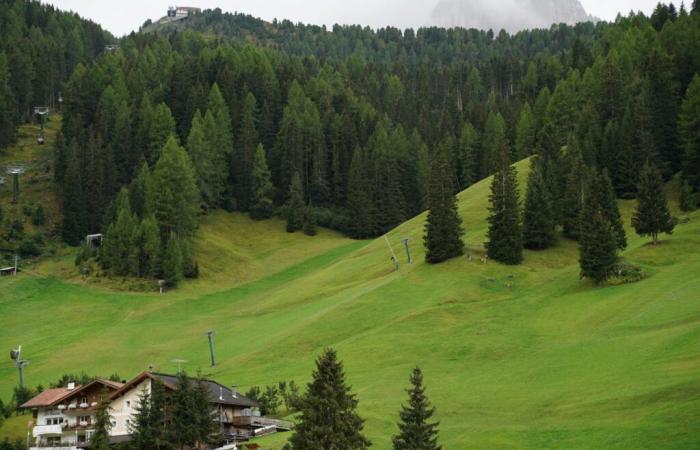
These are records that we would have liked to never break, yet the year 2024 has erased several historic temperature marks from the shelves in the French Alps. Météo France estimates that 2024 was the hottest year ever recorded in the low-altitude Northern Alps. Last July, the departments of Savoie and Haute-Savoie were on orange “heatwave” alert, an anomaly for this region, accustomed to rather mild summers.
Some famous resorts have broken their heat records, notably Chamonix, Mont d'Arbois or Nivose Aiguilles Rouges for the Haute-Savoie department alone. Intense warming which is pushing the Alps above the symbolic mark of +2°C compared to the pre-industrial era.
This is the first time that a region of France has reached such a level of warming, only 9 years after the signing of the Paris Climate Accords, designed to limit global warming to below +1.5°C.
The Alps: an express warm-up
The Alps, like the Pyrenees on the other side of France, are the first regions affected by global warming. These very fragile ecosystems can completely change their face in a few degrees. Snowy white massifs can melt in a few days due to a ray of sunlight.
This fragility would be one of the reasons for their “accelerated” warming. Mountain areas being more sensitive to climatic conditions, they would warm up more quickly than the rest of the planet. Meteorologists explain this “express” warming by the melting of snow.
By disappearing, the white mantle no longer serves as a “mirror” for the Sun's rays which can then warm the earth. This melting snow also releases carbon, trapped, sometimes for thousands of years, in Alpine glaciers. This carbon will then spread into the atmosphere, further accelerating global warming.
The end of the glaciers ?
Because of this faster global warming in the Alps than elsewhere, our summits are threatened. In reality, the entire French mountain ecosystem could disappear during this century. In the Pyrenees, the last “eternal snows” should melt before 2050, it is now an unstoppable phenomenon.
In the Alps, some climatologists assure that it is still possible to save the snow at very high altitudes. But for this to happen, we must immediately and drastically reduce our greenhouse gas emissions. We are still a long way from that.
???? To not miss any news on the Journal du Geek, subscribe on Google News. And if you love us, we have a newsletter every morning.





